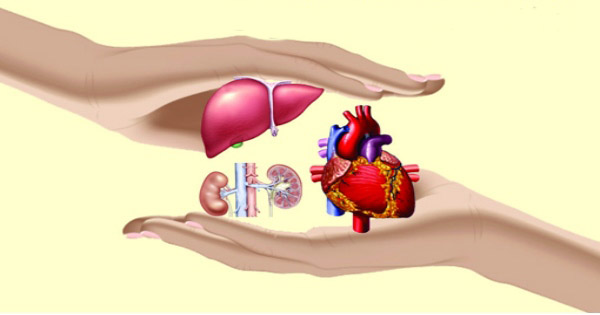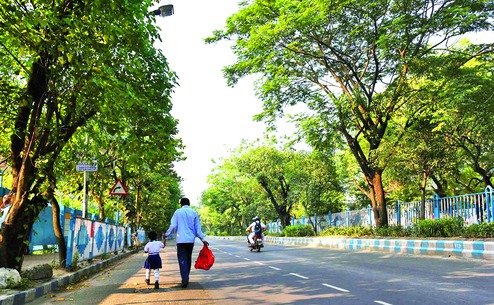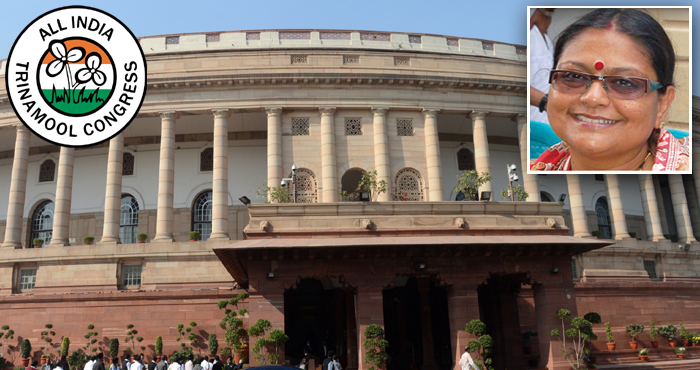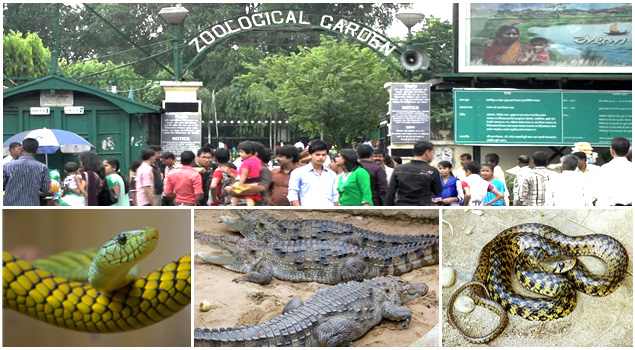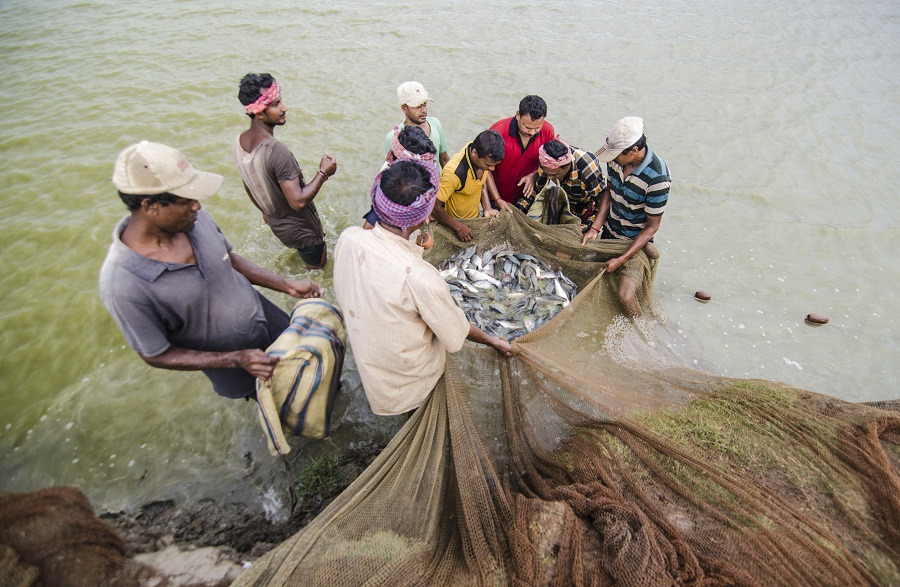FULL TRANSCRIPT
Thank you, Honourable Madam. I stand here to participate in the discussion on ‘The Transgender Persons (Protection of Rights) Bill, 2016’. At the very outset, I would like to congratulate the Chief Minister of West Bengal, Mamata Banerjee, for already having formed a board for the welfare of transgenders three years back, which is the call of the day. I think the Central Government and all other States should follow this to look after transgenders.
Now, I think that this is a very hastily drafted Bill, and the different clauses mentioned are totally inconclusive. We have to first define what ‘transgender’ means. Here it is written that a transgender person is one who is neither wholly female, neither wholly male, or a combination of female or male, neither female nor male. On this earth, as far as medical science is concerned, there can be no being that is neither a female nor a male. A person’s external sexuality, that is, the phenotype, determined by the internal sexuality, that is, the genotype, which is the combination of the genes; either it is XX or it is XY. A person who is XY is a male while a person who is XX is a female. But sometimes there are three X chromosomes, which person is known as ‘super-female’ or there is a combination of these. So then they are known as true hermaphrodite or false hermaphrodite.
But a transgender is not always a hermaphrodite. A transgender is a person who has the internal genetic code made up in such a way that the sexuality granted to the child after birth is not aligned to his or her mental capability, and gender dysphoria is a kind of distress such a person goes through. This can lead to distress related to eating disorder, suicide, depression, anxiety and social isolation.
None of these are mentioned in the copy of the draft that we have here. This is a hastily drafted Bill. I don’t know who has done it. Doctors are still grappling with it. The American Psychiatric Association, only as late as 2013, has defined this disease, and in this disease, when a person has no discrimination between genotype and phenotype, that is, between the internal and external manifestation of the chromosome, still might feel, being a female, that I am more comfortable being a male – that is an actual transgender, which is not mentioned in the Bill. The Bill is totally null and void in this respect.
A lawmaker’s actual duty is to look at the justice meted out to every kind of human being, as is given by Article 14 of the Constitution of India. We are indebted to the Honourable Supreme Court by the verdict given on April 15, 2014 in which various steps have been directed to be taken by the governments of the States and at the Centre for the welfare of transgenders.
So this Bill does not cater to those provisions. The American Psychiatric Association has described in detail the clauses that have to be brought into Bill in order to make it into welfare Bill for the actual transgenders. As far as their educational help is concerned, there should be a third column during admission – that is, male, female or third gender. They should be given reservation in jobs. Since they feel differently, and so might dress differently, the provision must be there. The social milieu must be such that society is compassionate to their diseased condition. This condition takes place because of their testosterone dysfunction.
So it appears, Honourable Madam, that this Bill has been very hastily drafted, and the opinion of specialists has not been taken, because it says that even after a person has been identified, they have to go to the municipality and then take a certificate from the municipal doctor. When the American Psychiatric Association has only described this in 2013, how will the municipal doctor be informed of the latest disease? We don’t take a transgender person as an abnormality any more, this is just a diseased condition. The disease has to be studied. So, a specialist board has to be formed and the person has to be certified through that specialist board whose members should be duly qualified.
It appears that while drafting the different clauses of the Bill, proper attention was not given. So this Bill has to be recalled and a properly drafted Bill has to be tabled.
Thank you, Madam.

